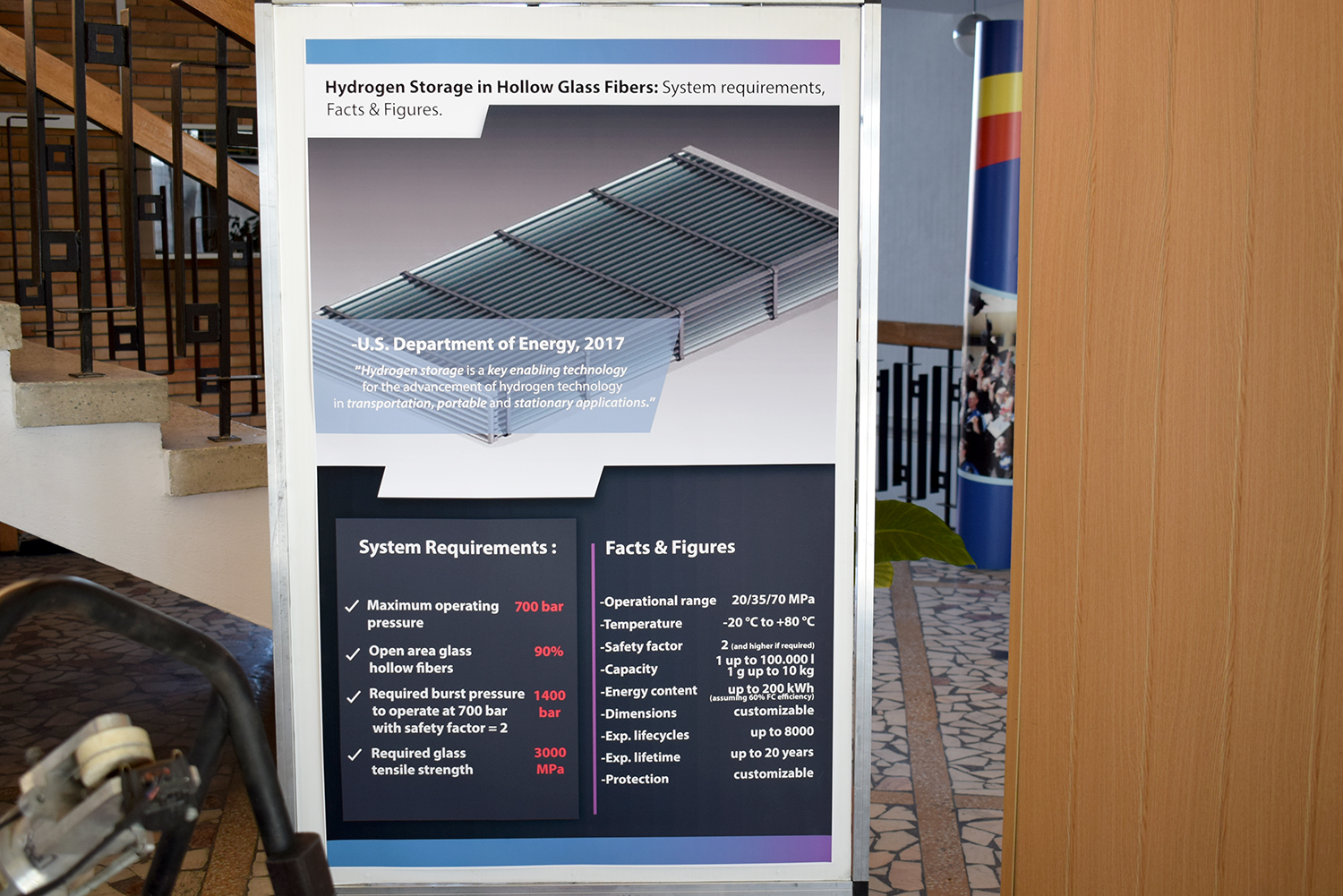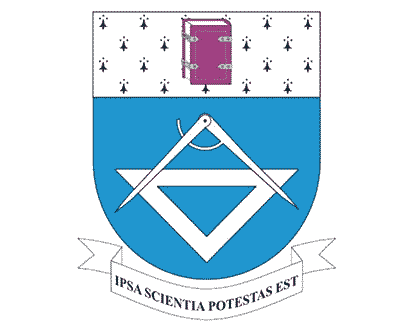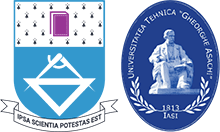Gheorghe Asachi Technical University of Iași (TUIASI) is in advanced talks with automotive corporations in Asia and Europe to build a large hydrogen storage centre. This will enable our university’s researchers to take part in advancing our knowledge and use of this zero emission fuel and turn it into a viable and sustainable propulsion system.
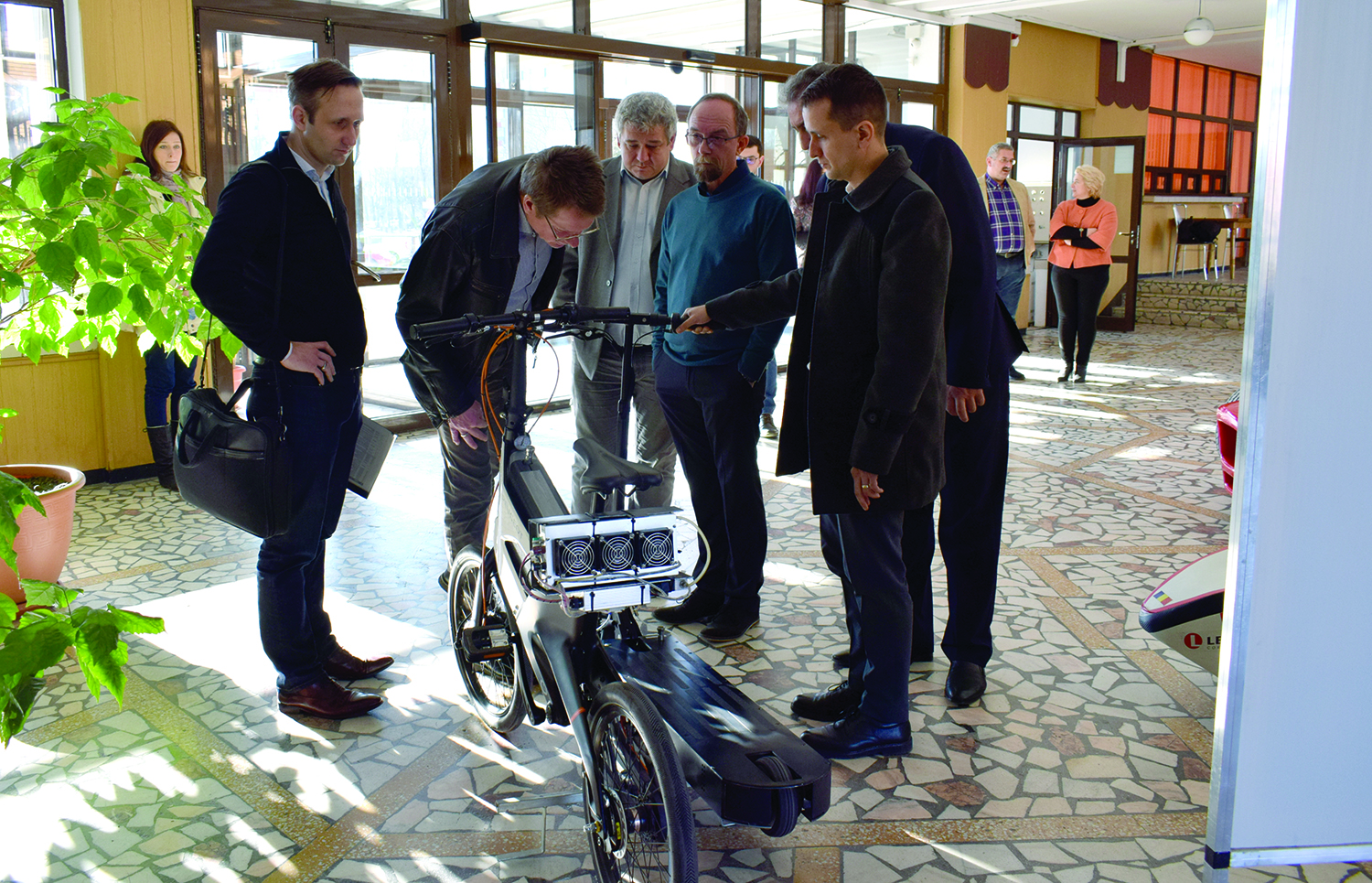
A team led by Arne-Christian Voigt, who works in research and development at Volkswagen, visited the Faculty of Mechanical Engineering at TUIASI in January to see the progress made by our researchers and was presented with prototypes for a bike and a push scooter powered by hydrogen stored in capillary arrays. This is a storage technology patented by multinational company Clean Energy Systems, based on research done by professor Dan Eliezer at Ben-Gurion University of Negev, Israel, TUIASI Doctor Honoris Causa and long-time partner. Professor Dan Eliezer also led a delegation from Clean Energy Systems at our university.
‘Volkswagen heard about our research and contacted us through professor Eliezer and asked to come and see our work here. After seeing footage of the bike and push scooter and our research and development ideas, their reaction was, «Why haven’t we met before?» We’re due to have a meeting with Volkswagen management, who will fund our research program. We want to set up a special research centre behind the faculty, all the research will be done here, where we will have a hydrogen storage centre funded primarily by the university and Clean Energy Systems and then individually bu different automotive companies. Up until now we have positive messages from Volkswagen, Toyota and Daewoo’
said professor Corneliu Munteanu, PhD. Eng., from the Faculty of Mechanical Engineering, head of the research project
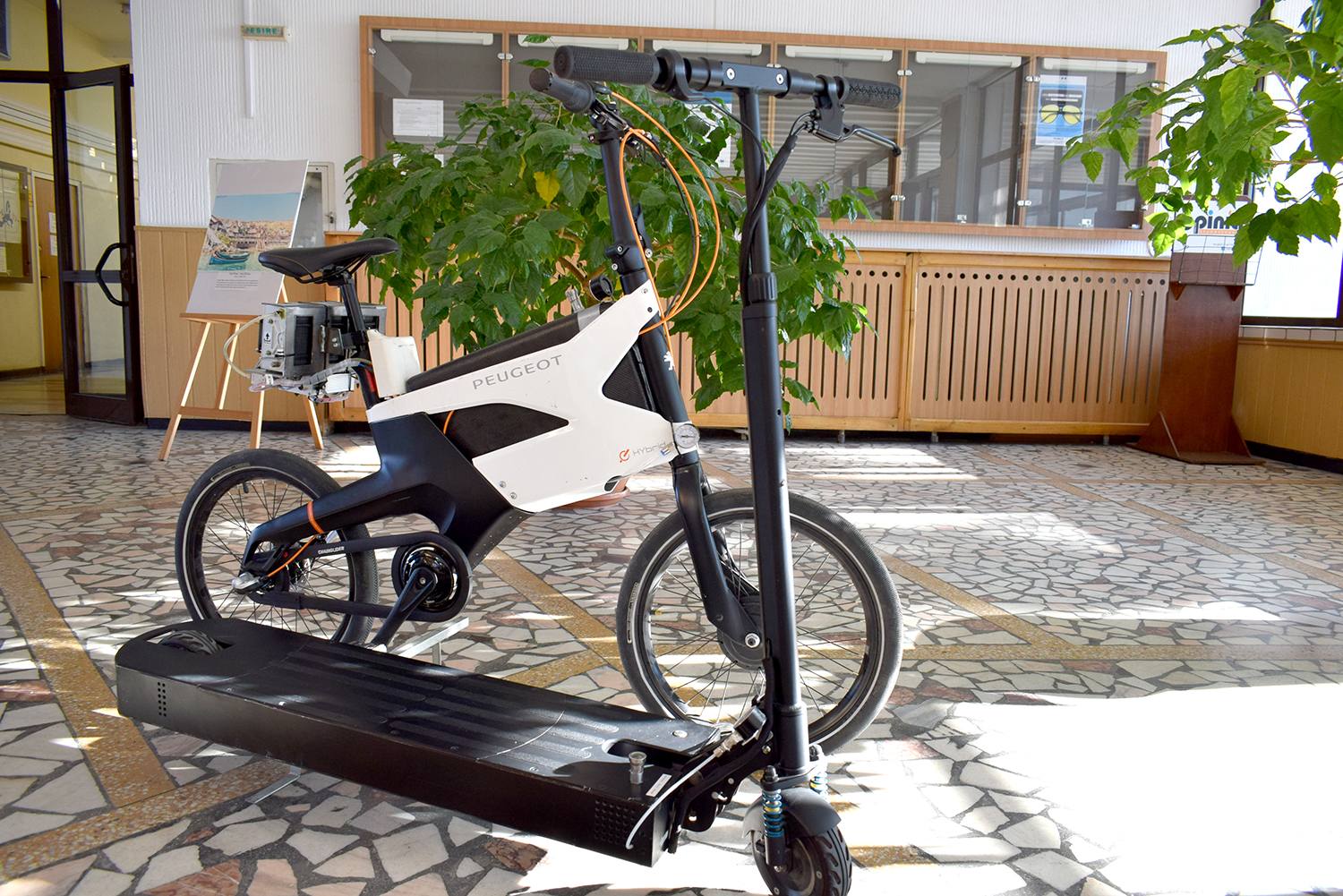
Professor Munteanu says that one of the reasons behind this research project is the fact that the electric vehicle industry isn’t sustainable and hydrogen will be the fuel of the future.
‘The electric solution isn’t feasible on a general production scale. If Volkswagen decided to go electric on all its auto production tomorrow, there wouldn’t be enough cadmium in the world for all the batteries needed. And when those batteries expire, we might see that the pollution as a result of storing them – because they can’t be recycled – exceeds the current hydrocarbon pollution. This is why we see a lot of interest for hydrogen from all automotive conglomerates around the world’
added professor Munteanu
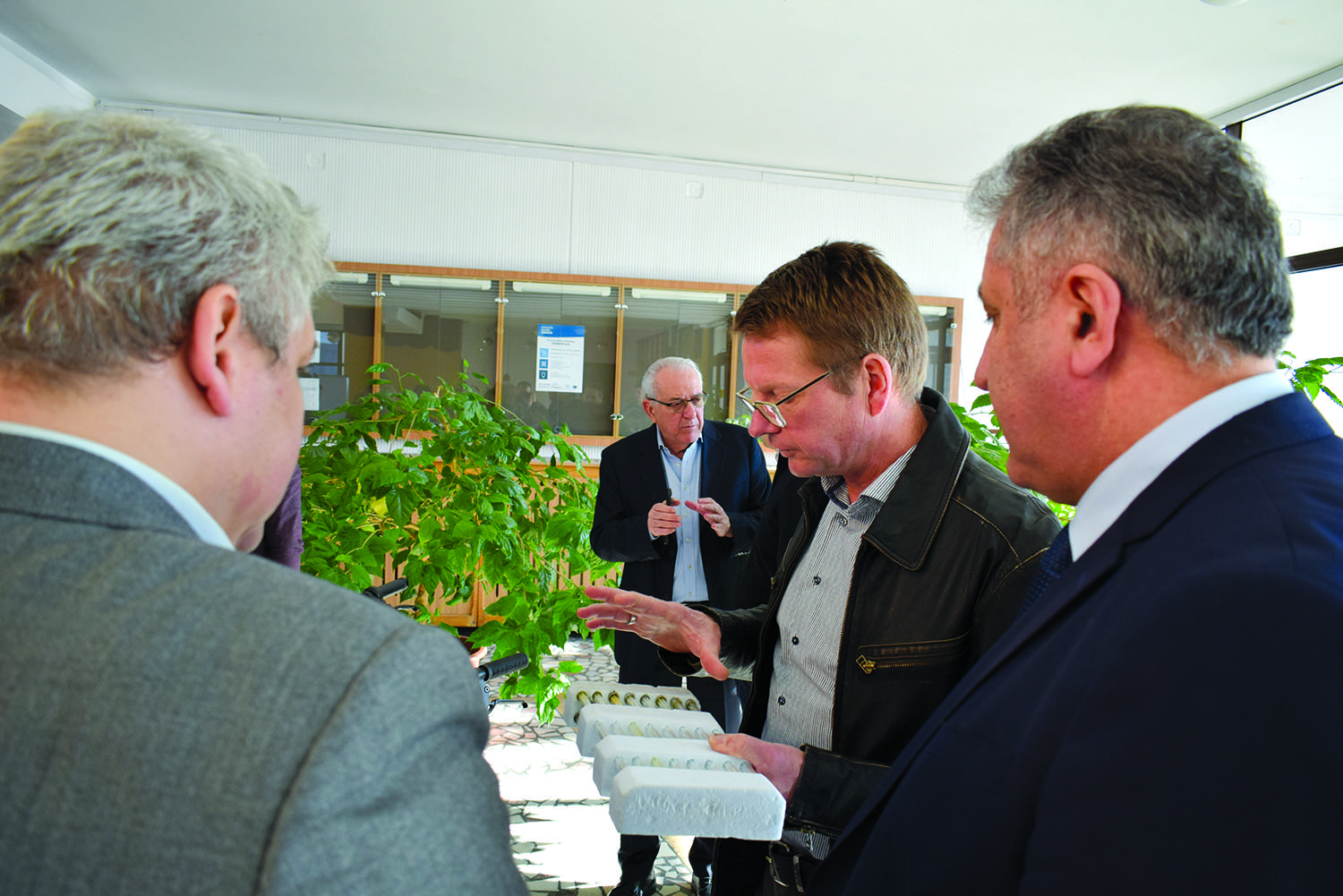
On the other hand, the main issue with hydrogen is that it’s very volatile and can easily explode, causing great damage, says the professor. This is why we’ve used the technology patented by Clean Energy Systems, which stores the substance in high-purity glass capillary arrays which have a resistance greater than that of many types of steel and can withstand pressures of up to 800 bars. These capillary tubes are very small, the size of a human hair, and in a tube the size of a crayon there are 30.000 such ‘hairs’ filled with hydrogen which is introduced at a very high pressure in a small space.
‘This won’t explode on impact because the material isn’t destroyed, maybe just a few capillaries and a very small amount of hydrogen will be released, not nearly enough to cause an explosion. So stocking it this way we’ll avoid explosions and also concentrate it in a small enough space that it can be transported. The storage system fueling the bike and push scooter is called fuel cell and we fill in the hydrogen at 0,4 – 0,6 atmospheres. This fuel cell reacts with the air sucked in from the atmosphere through vents and generates current thus fueling the electric motor’
explained professor Munteanu.
The hydrogen-powered bike developed by the team at TUIASI has an autonomy of up to 80 kilometres.
